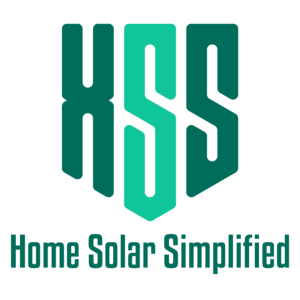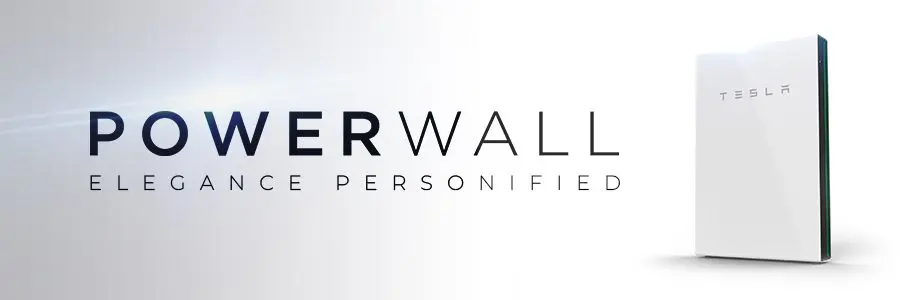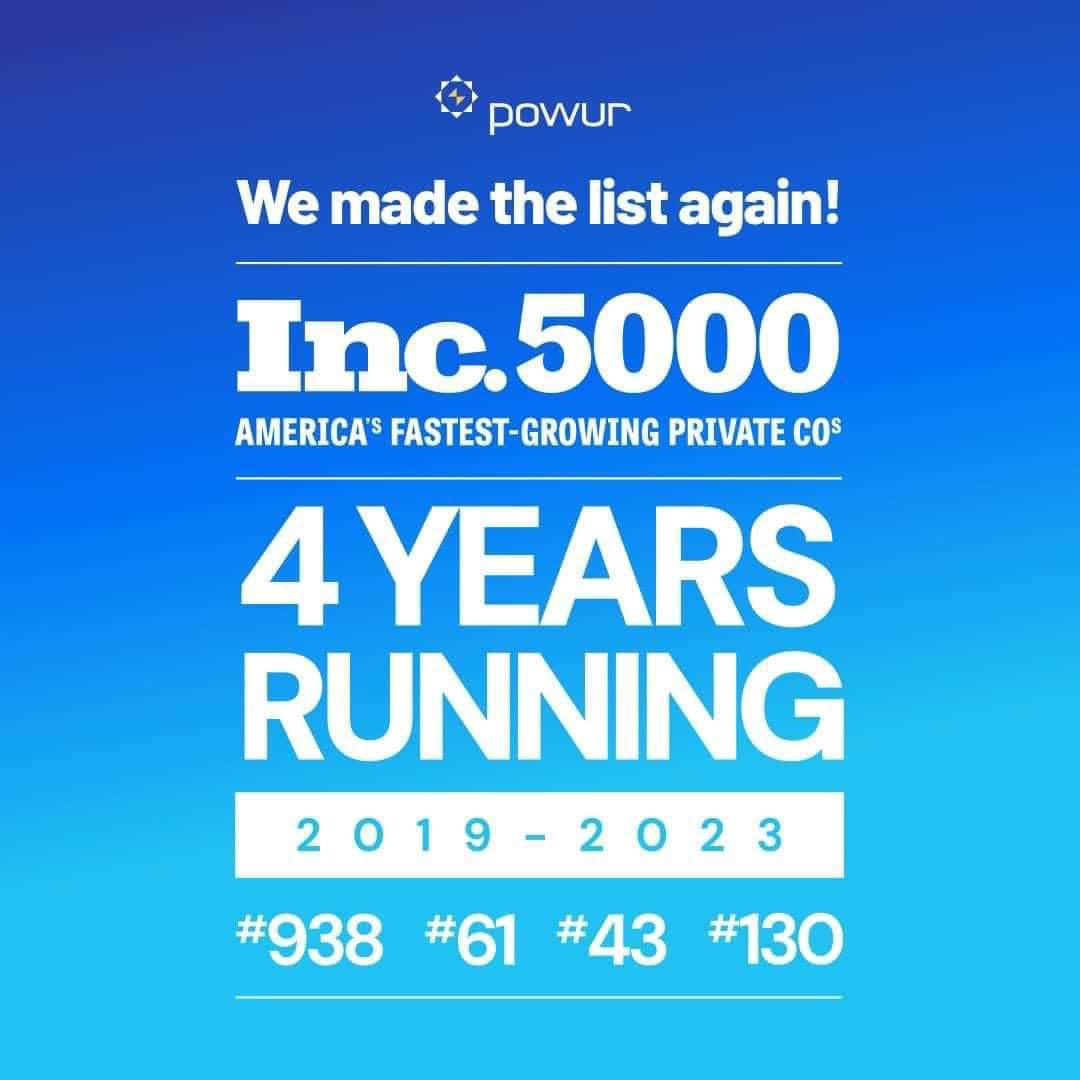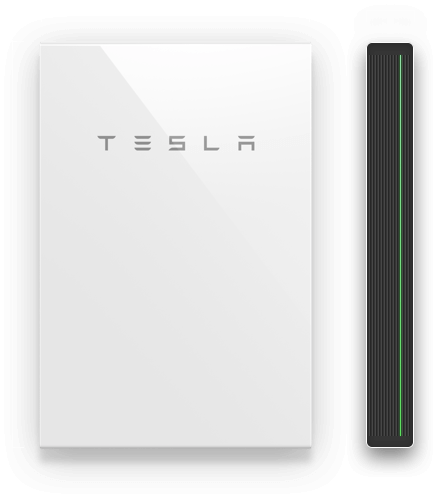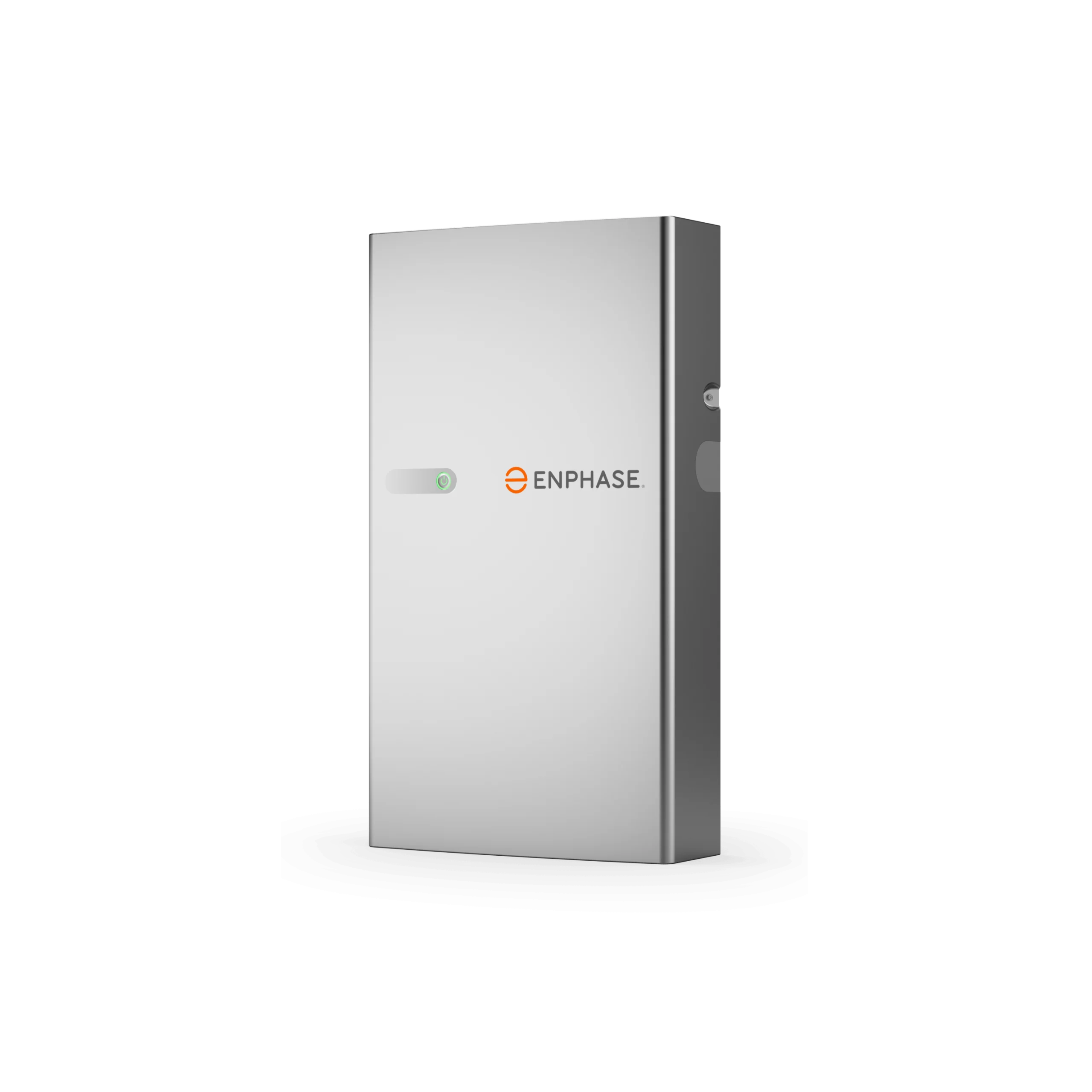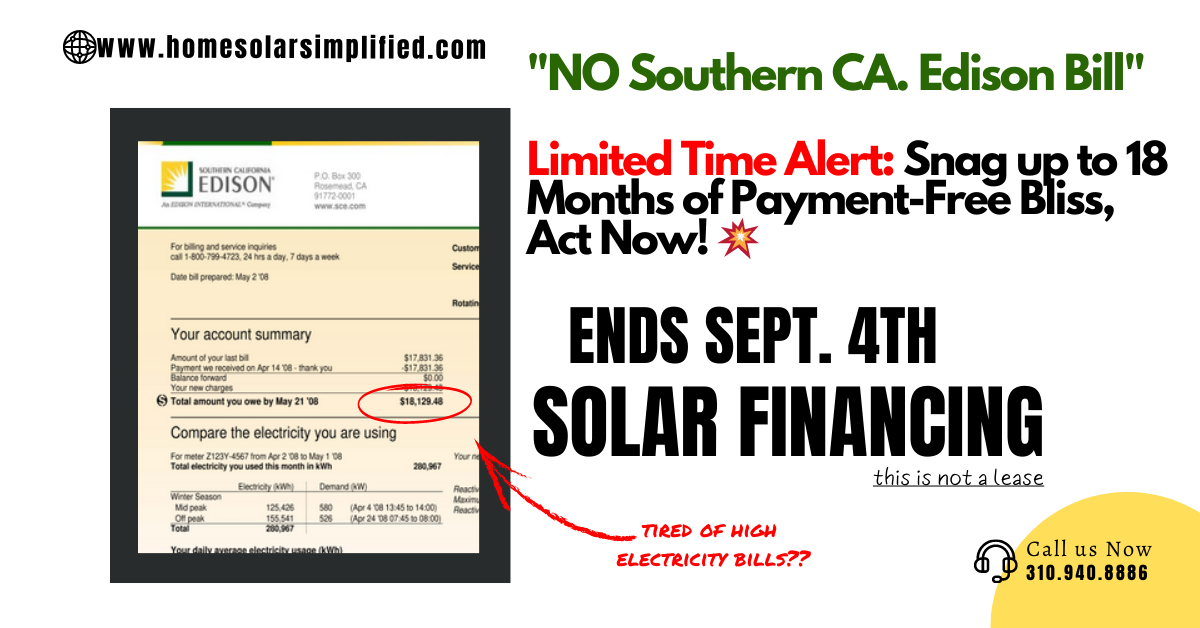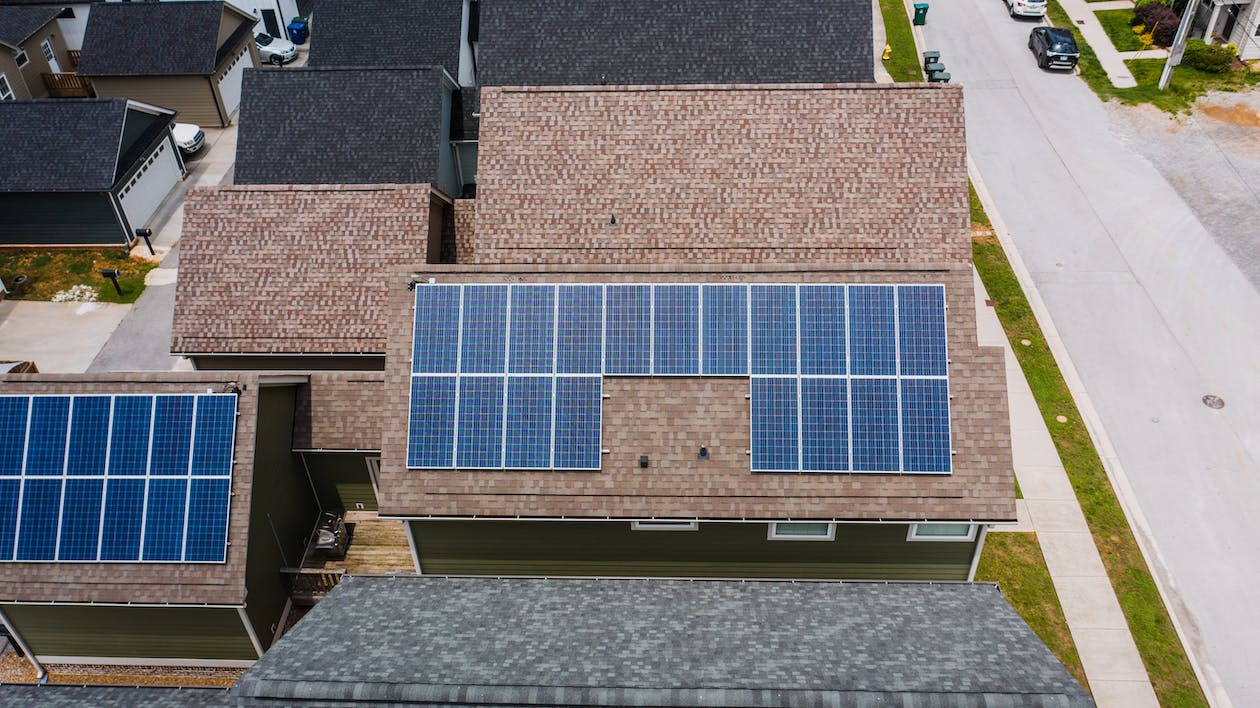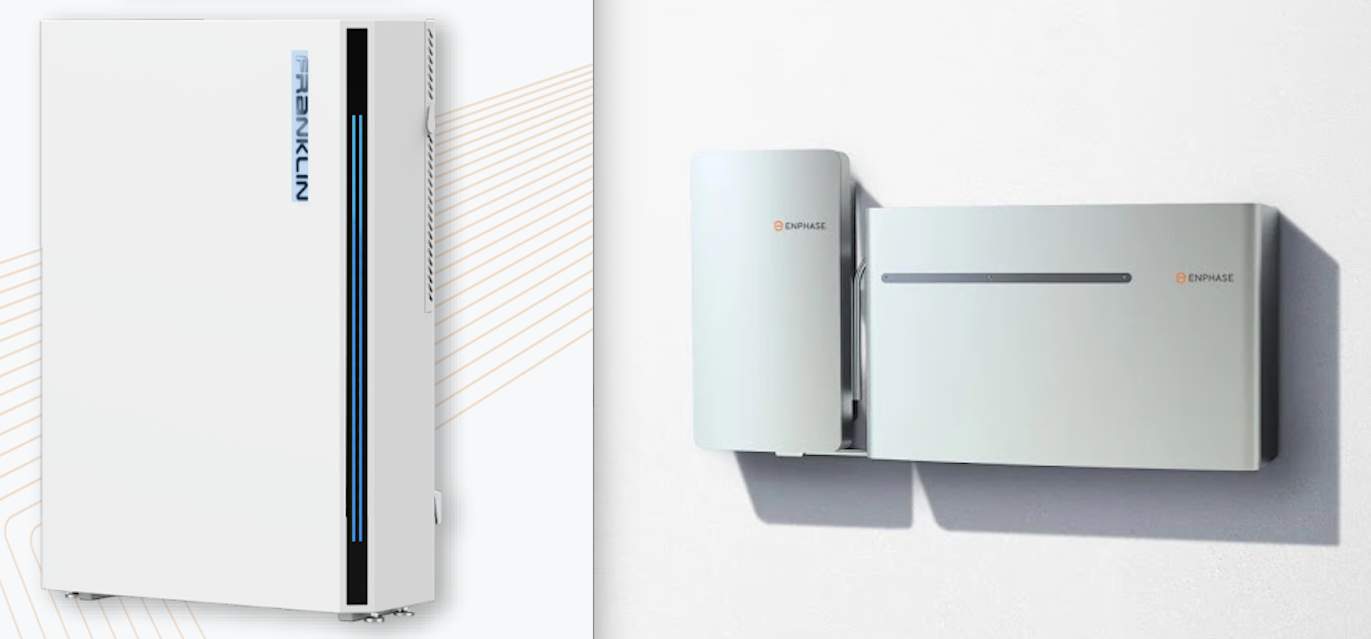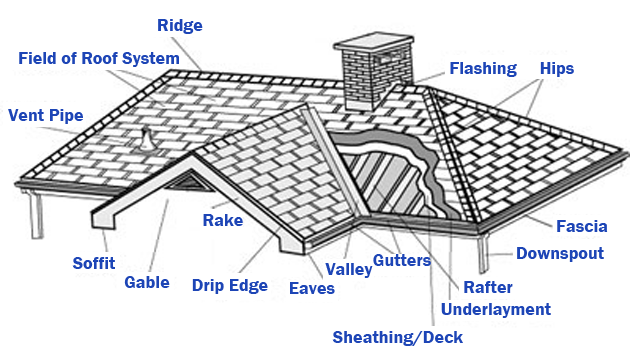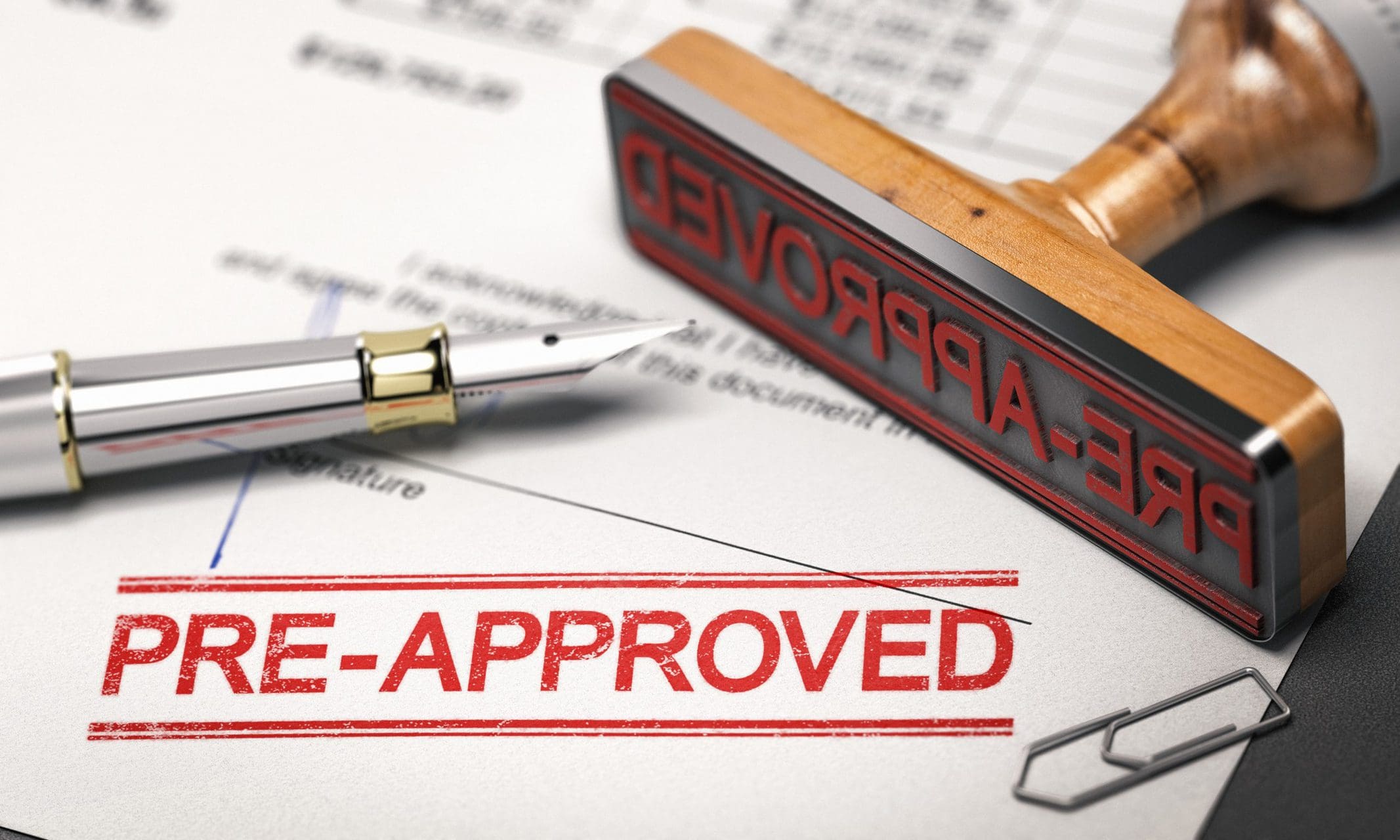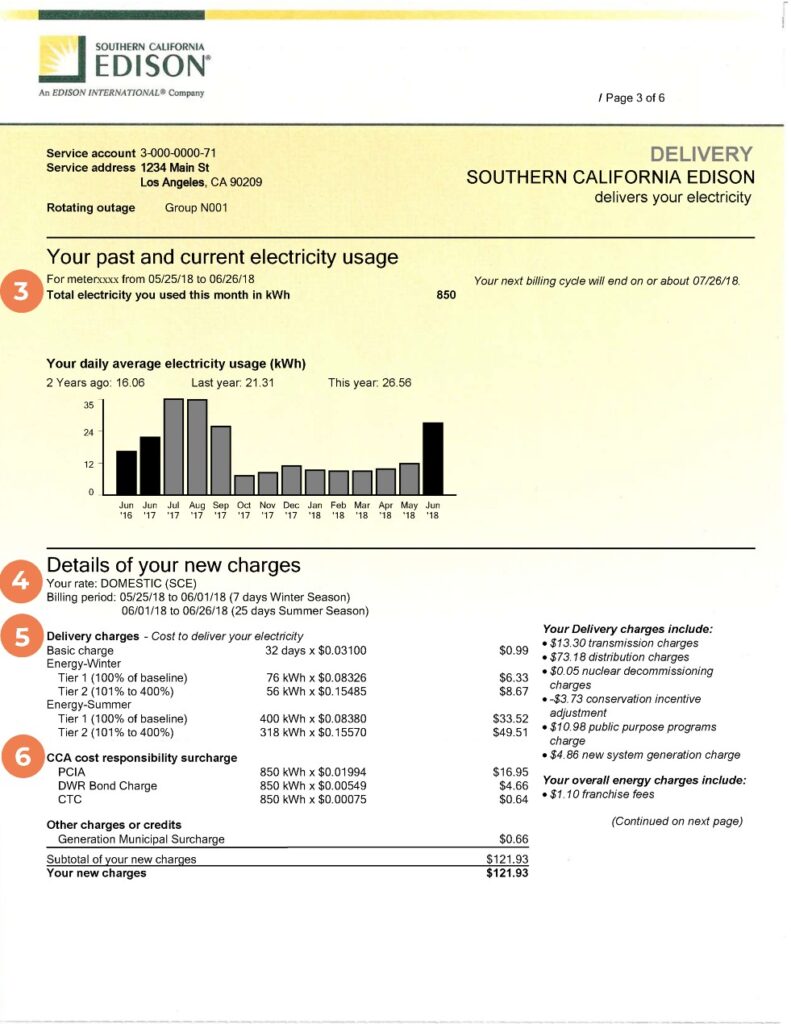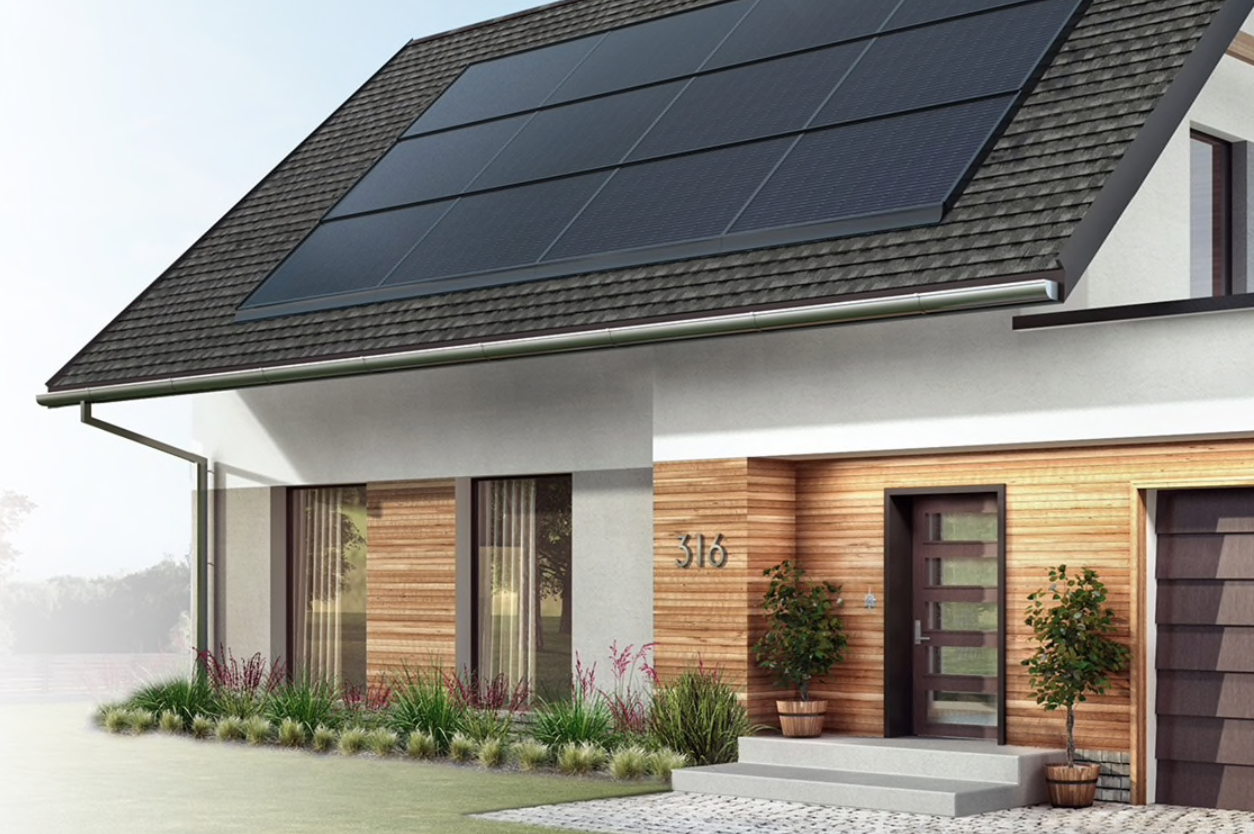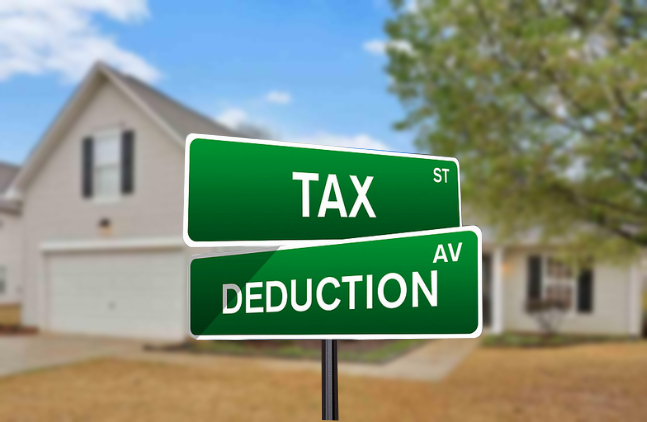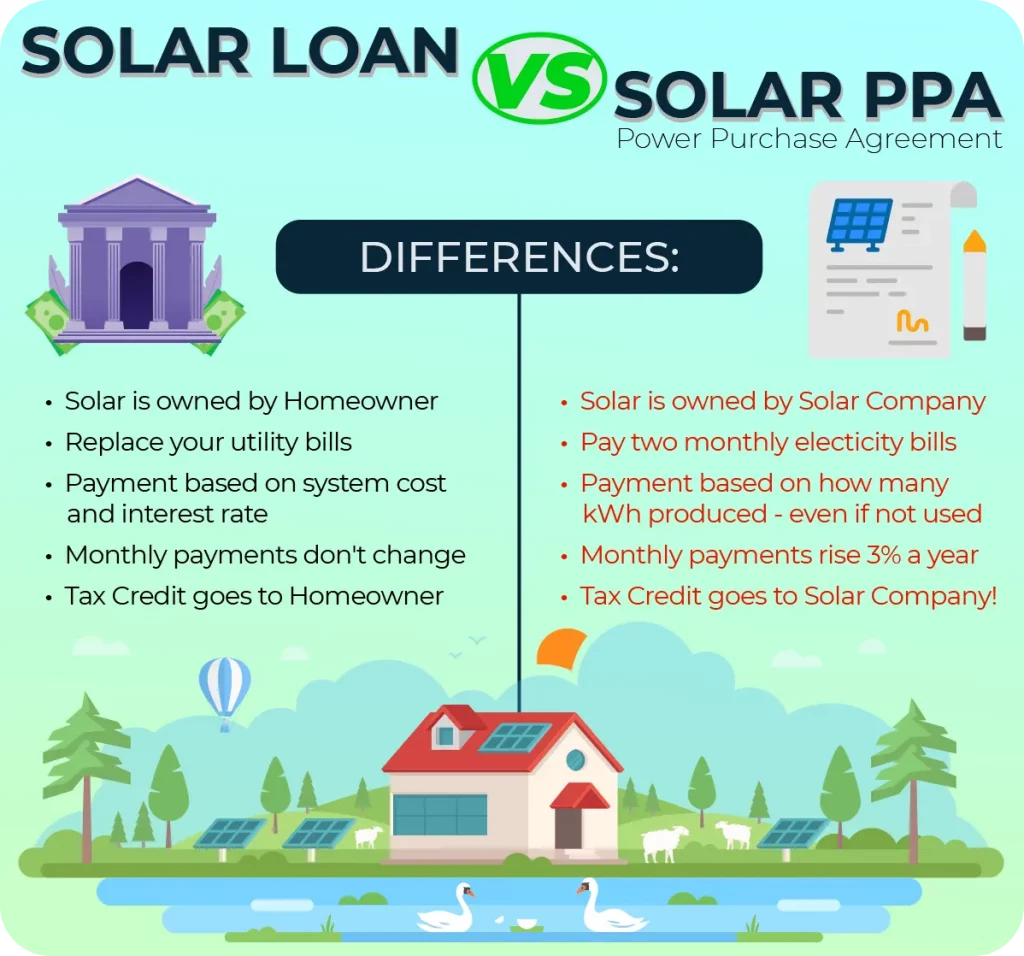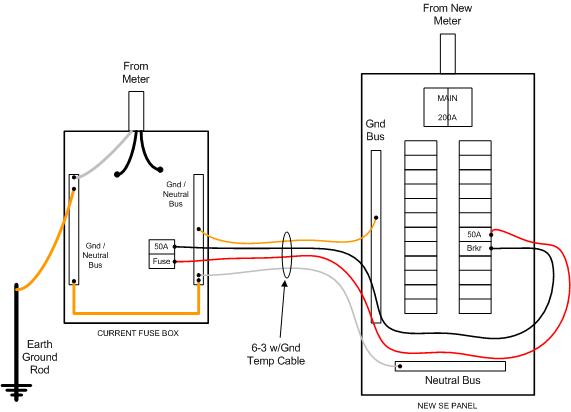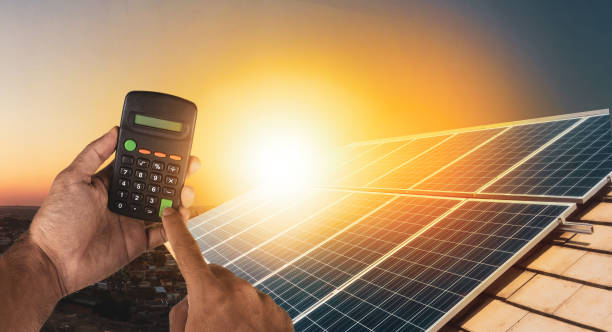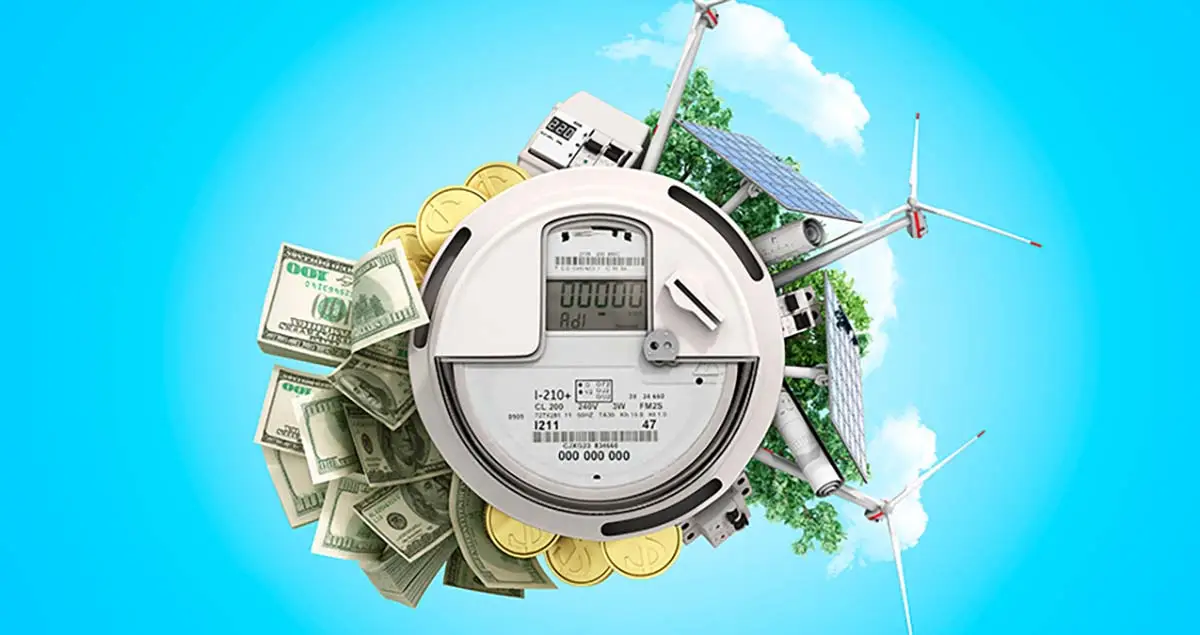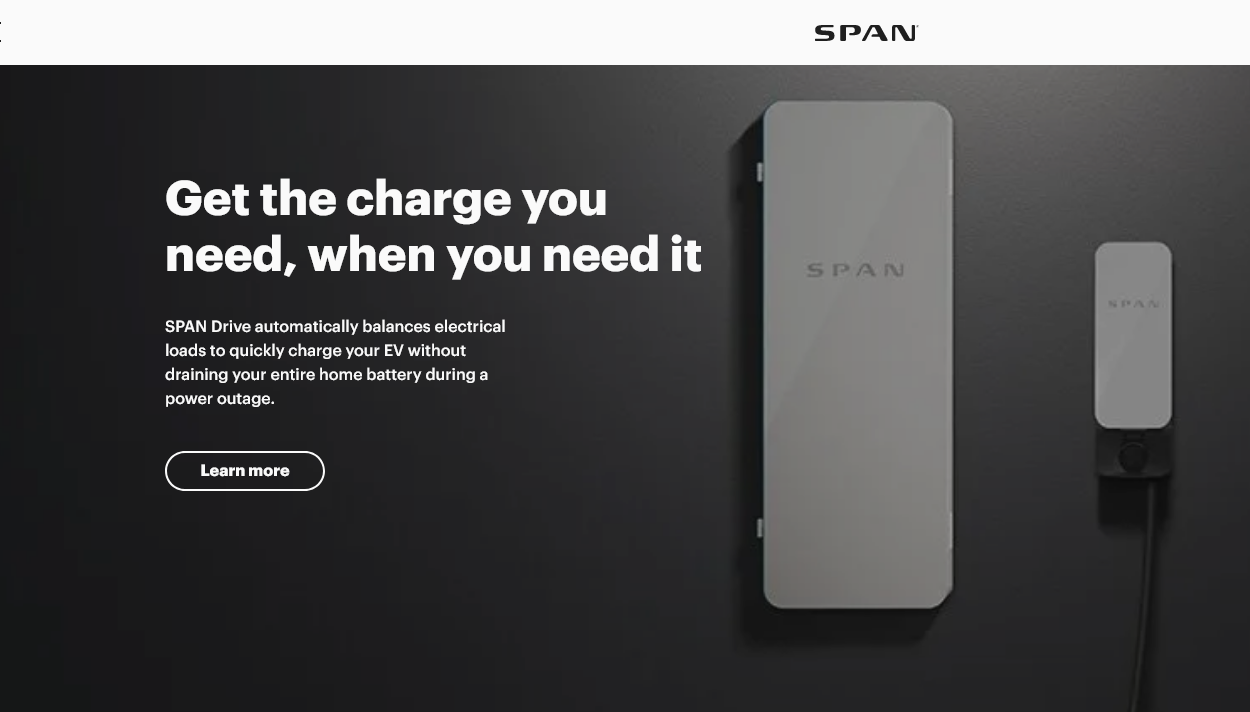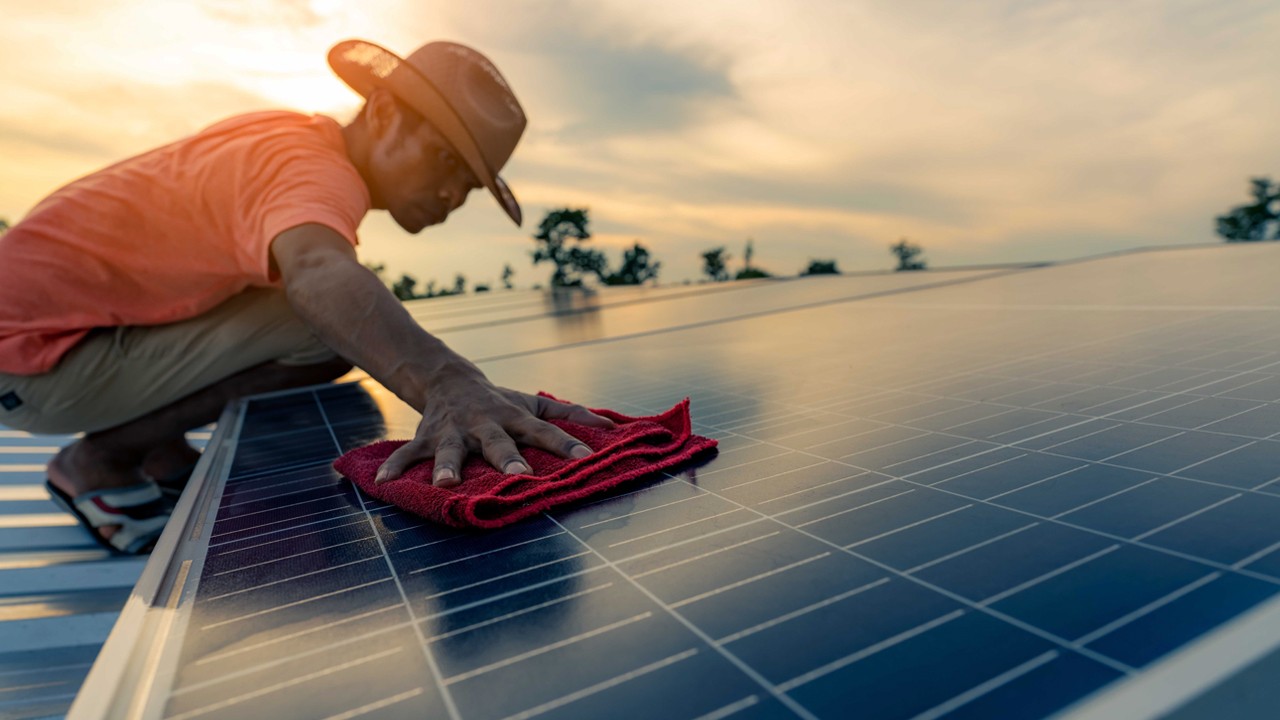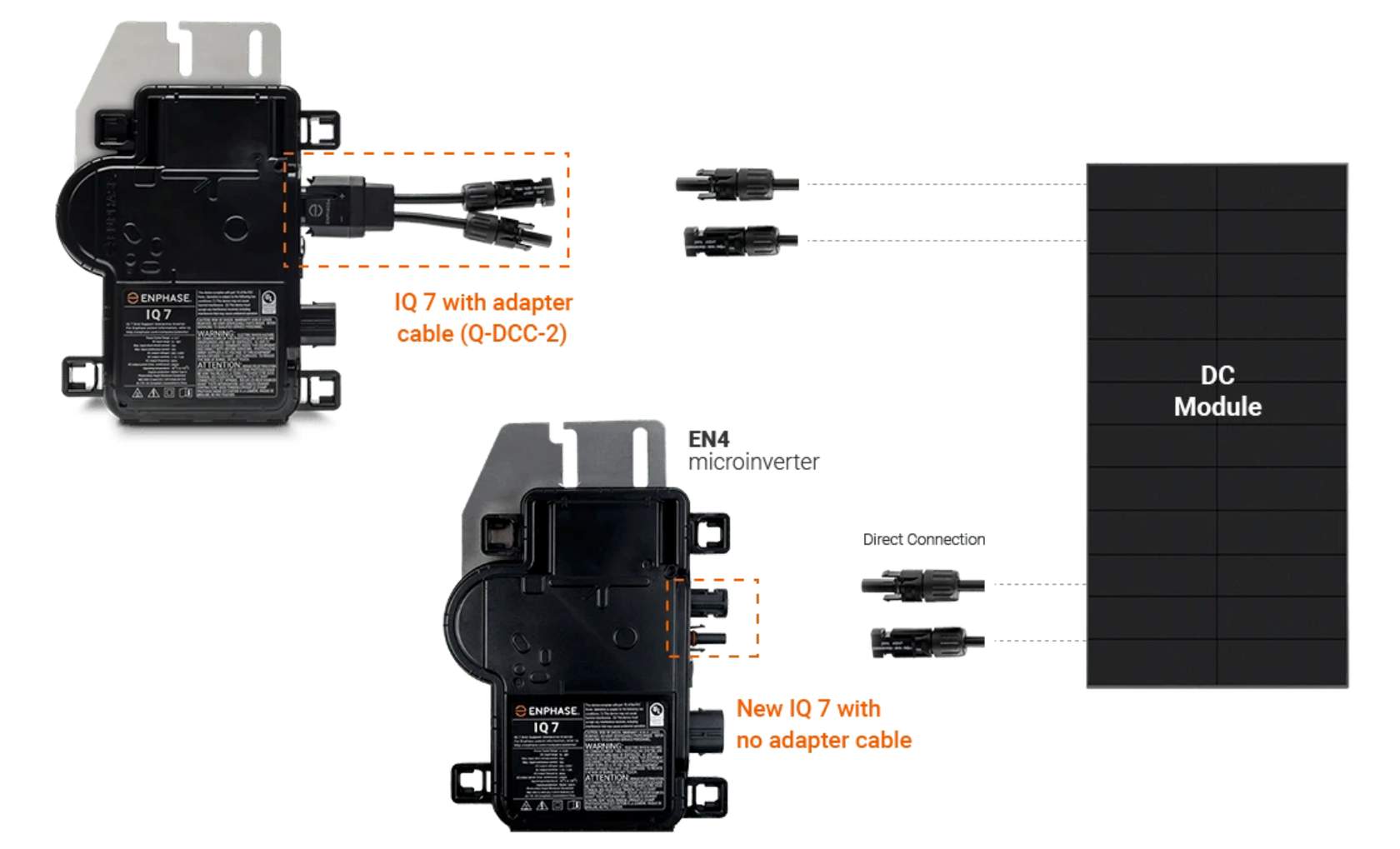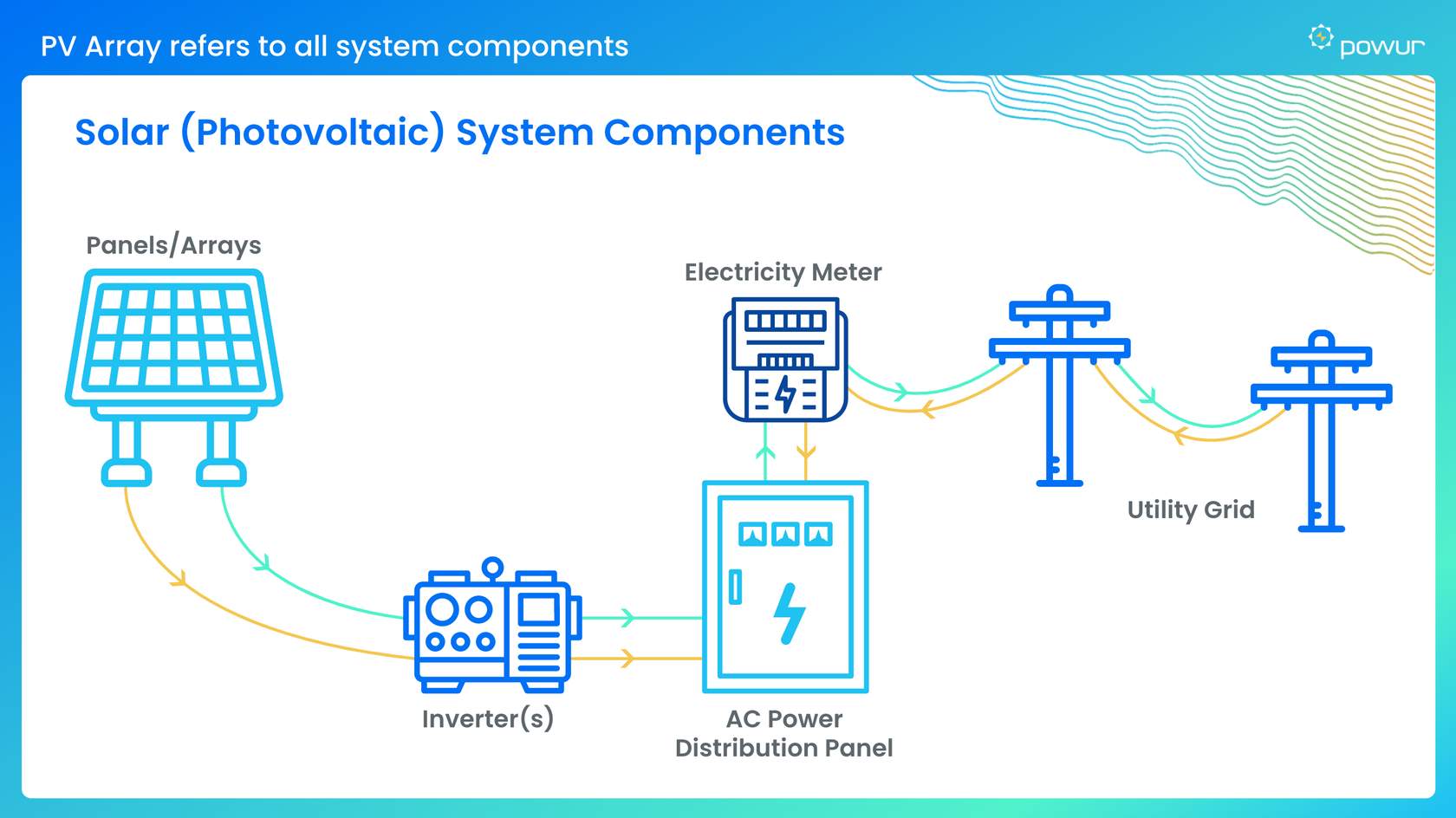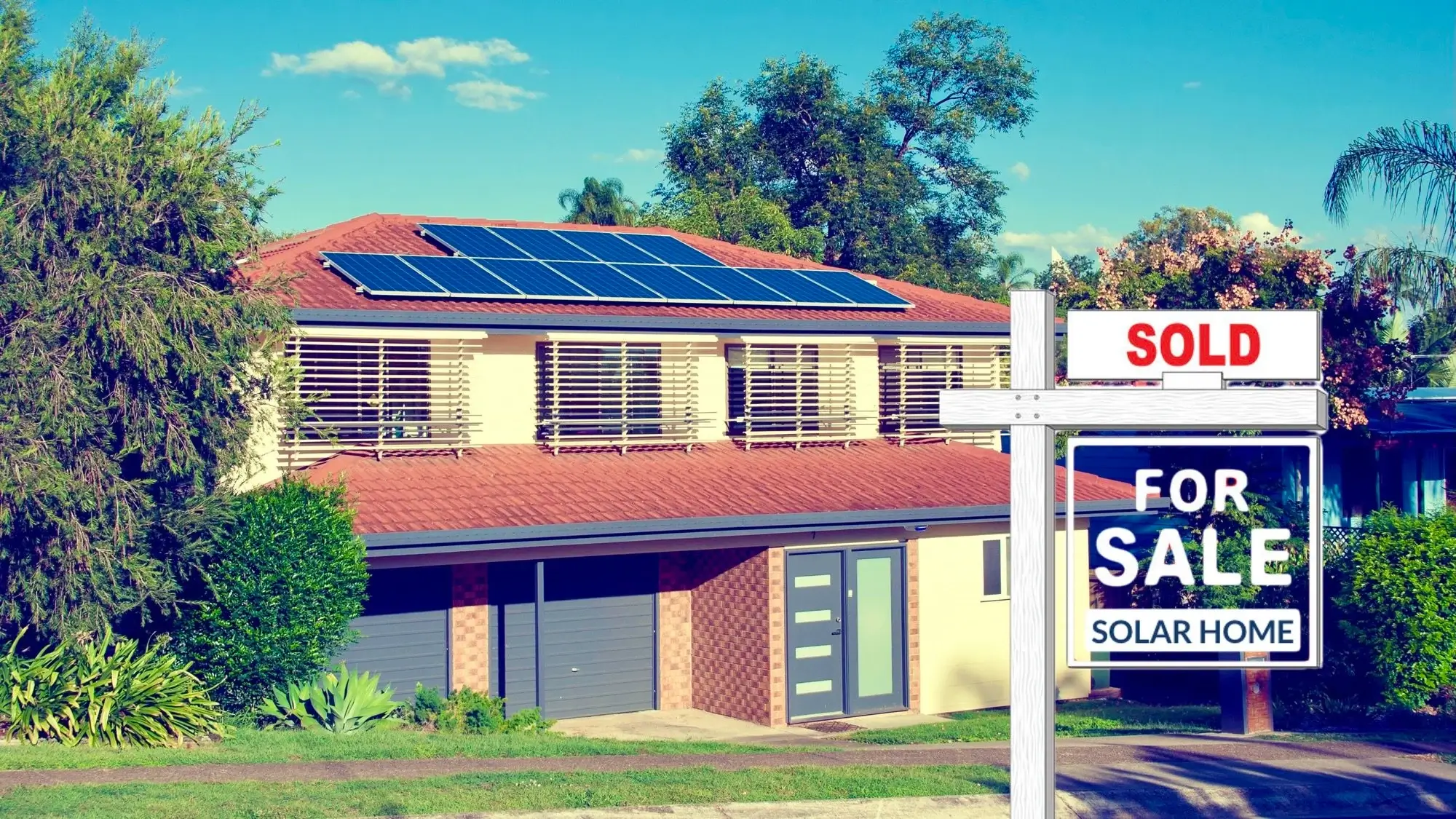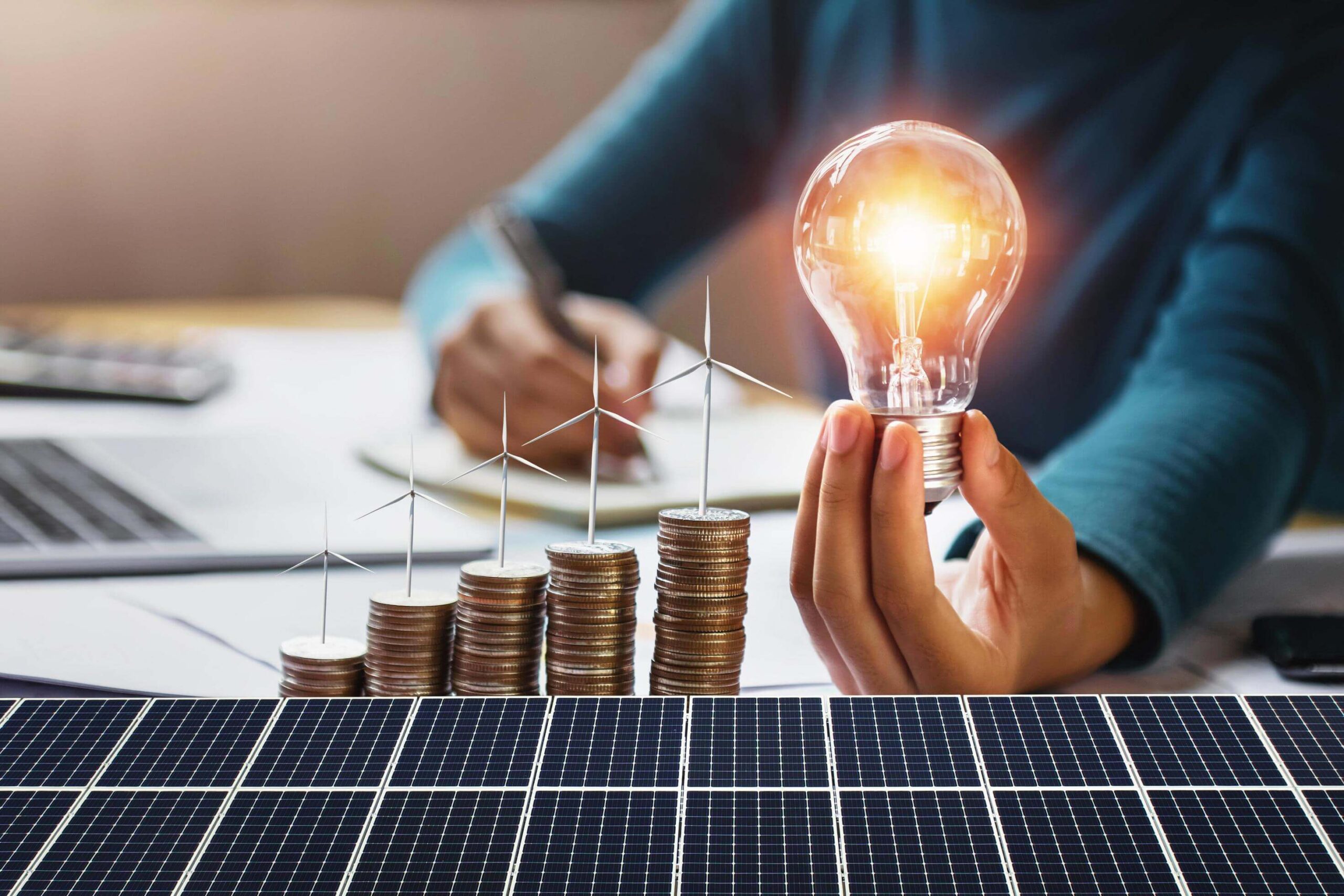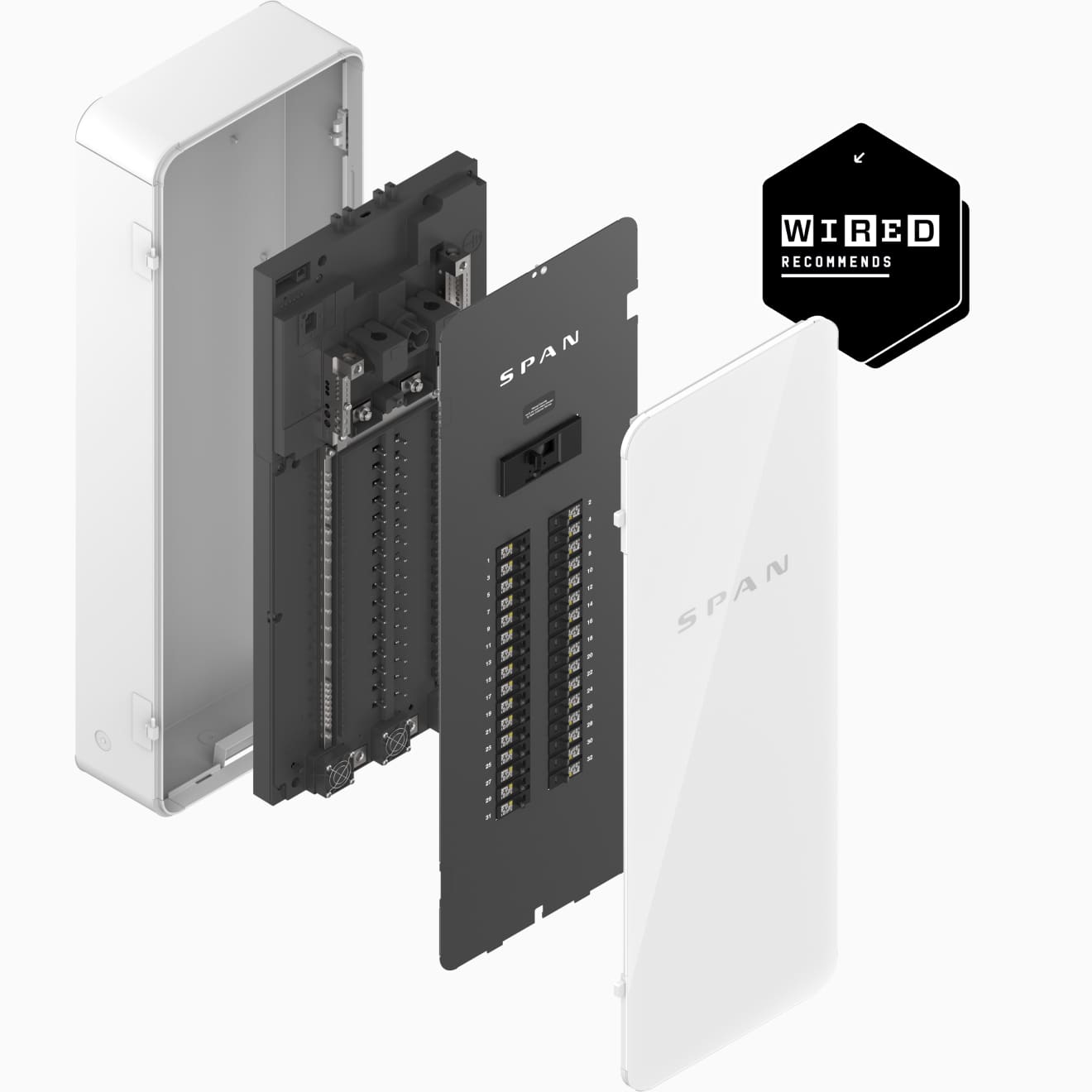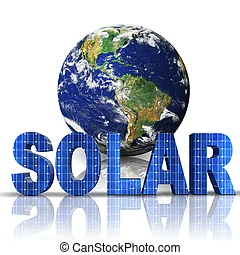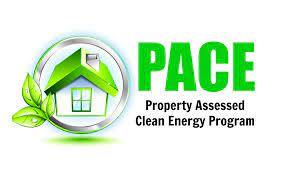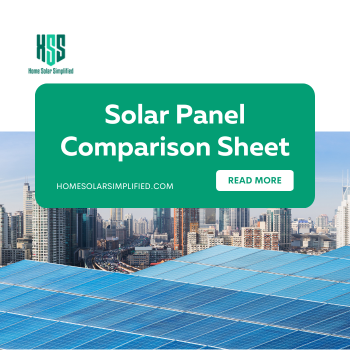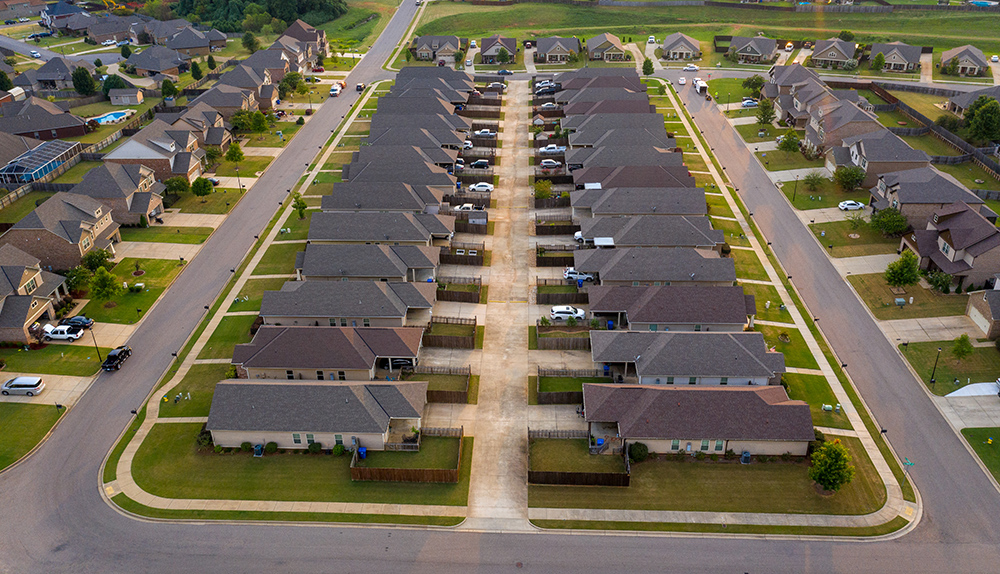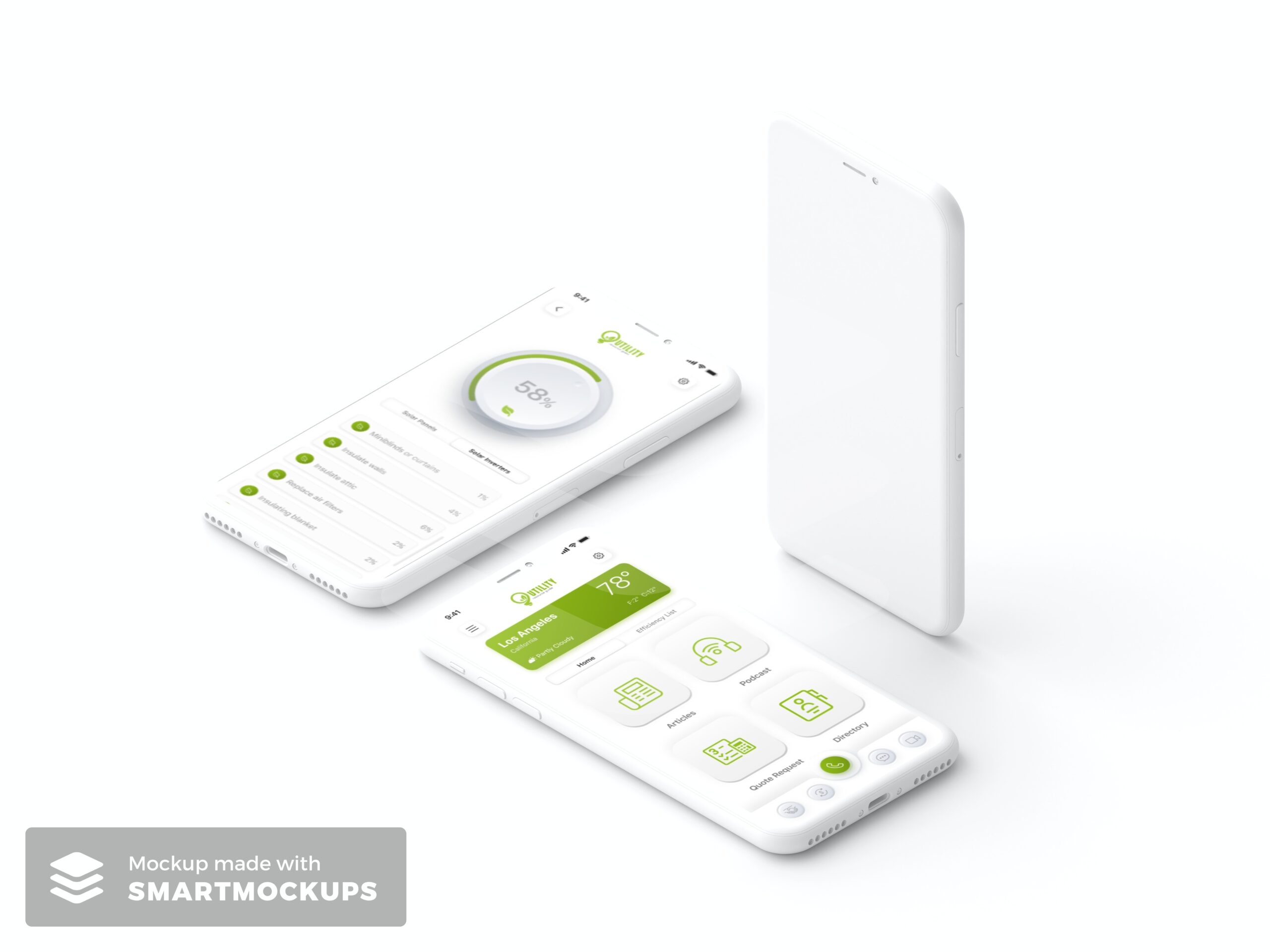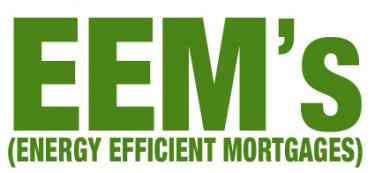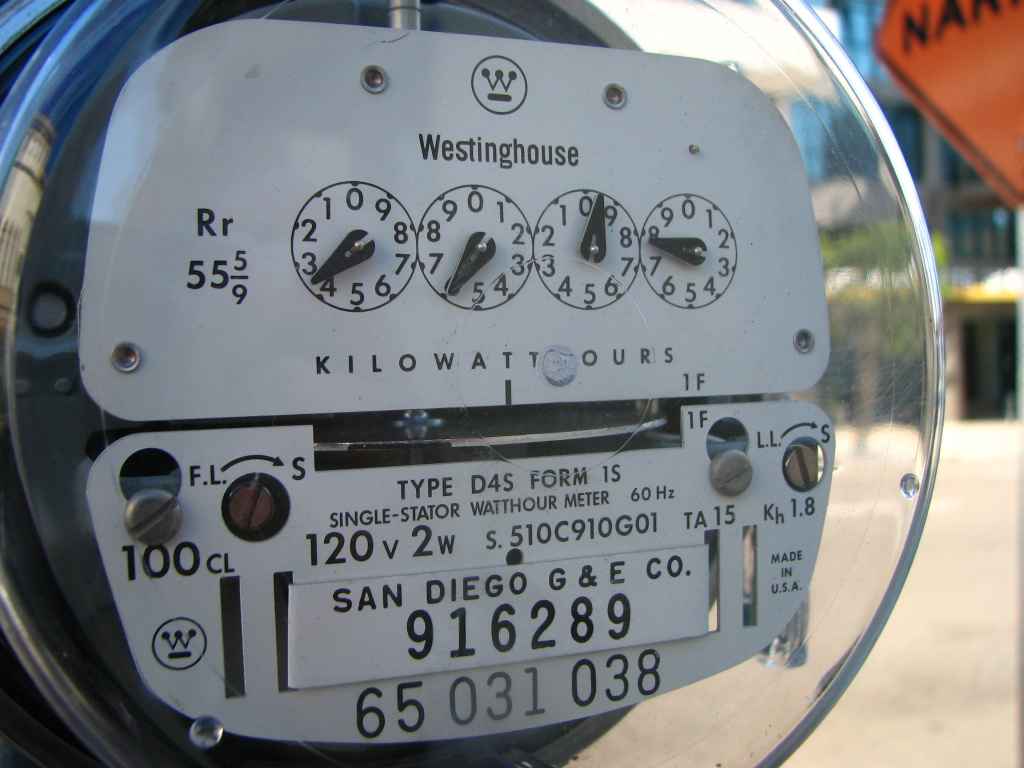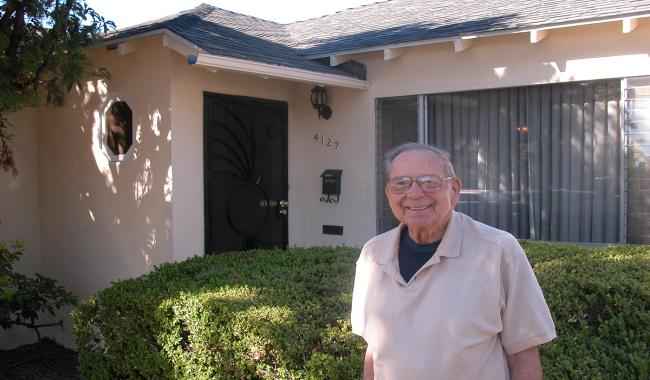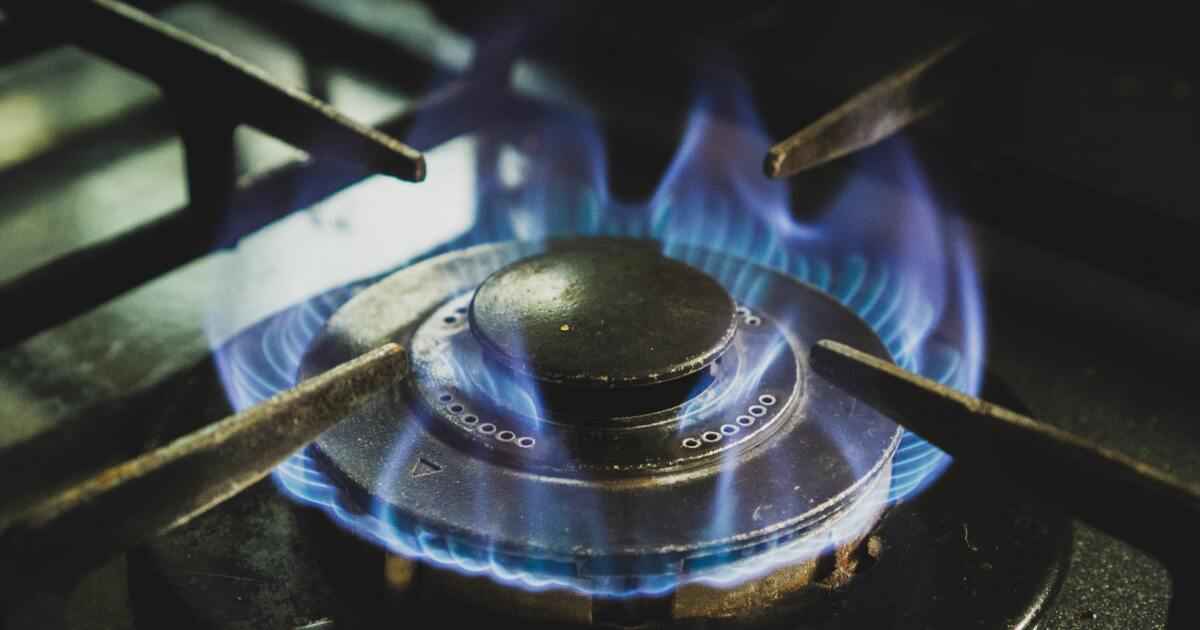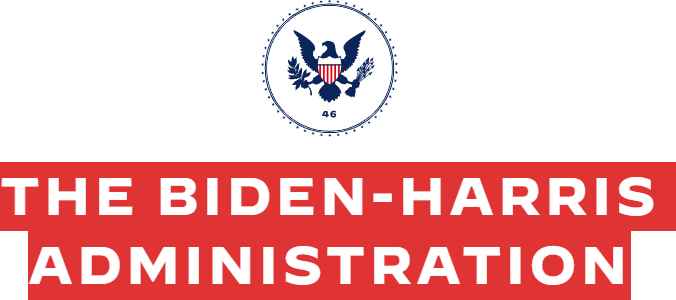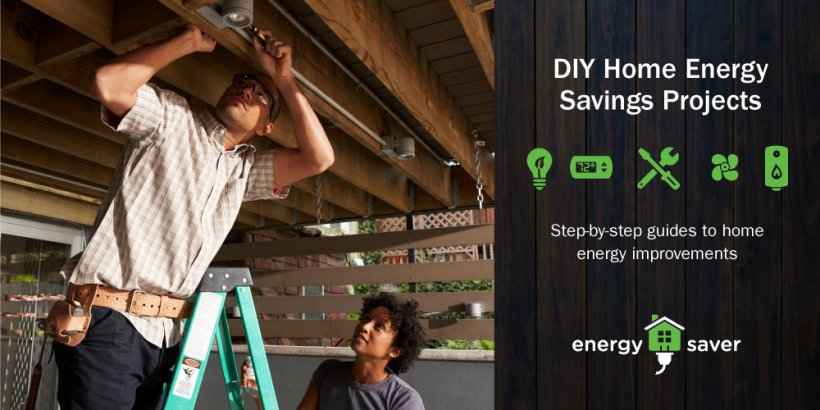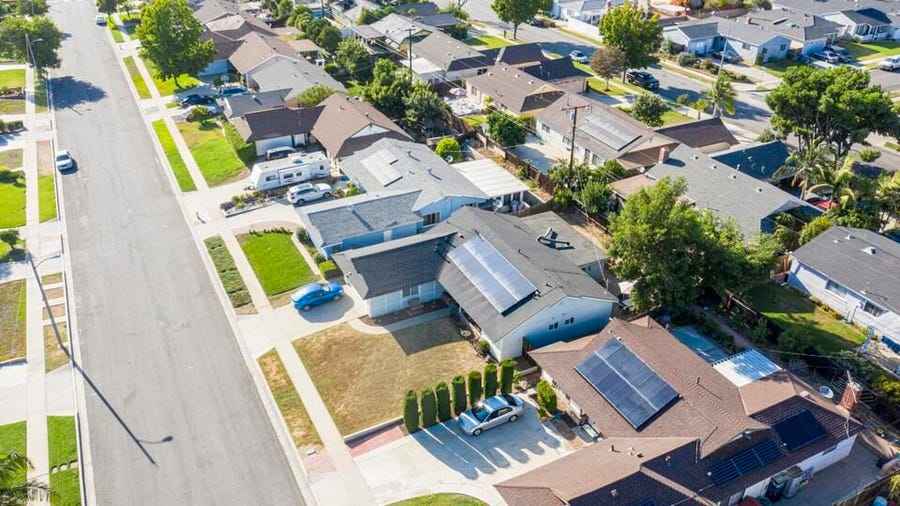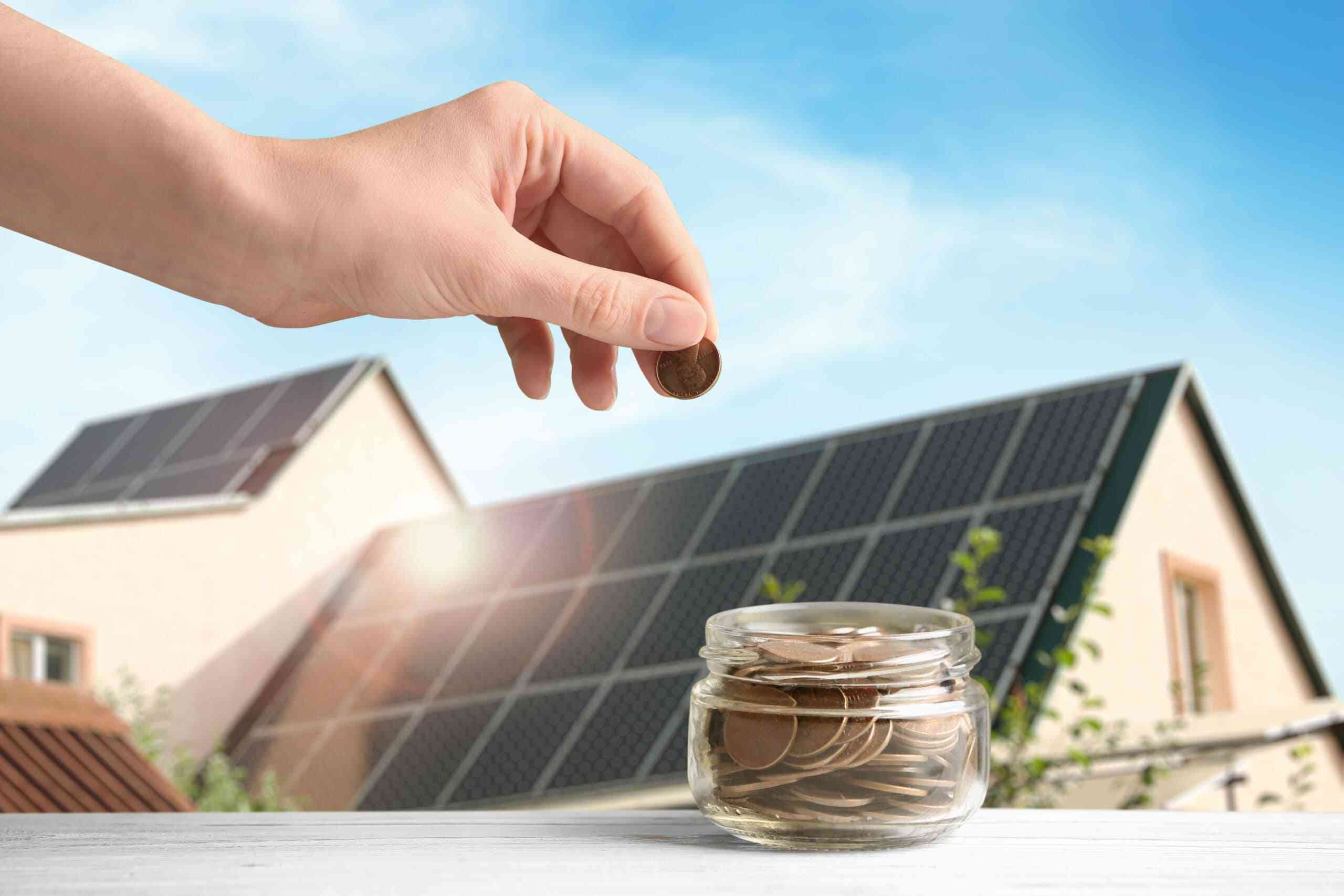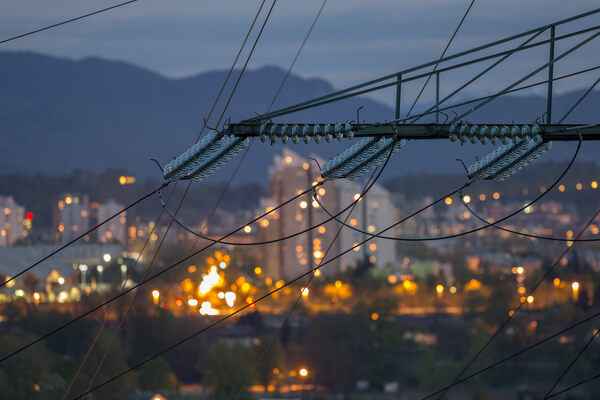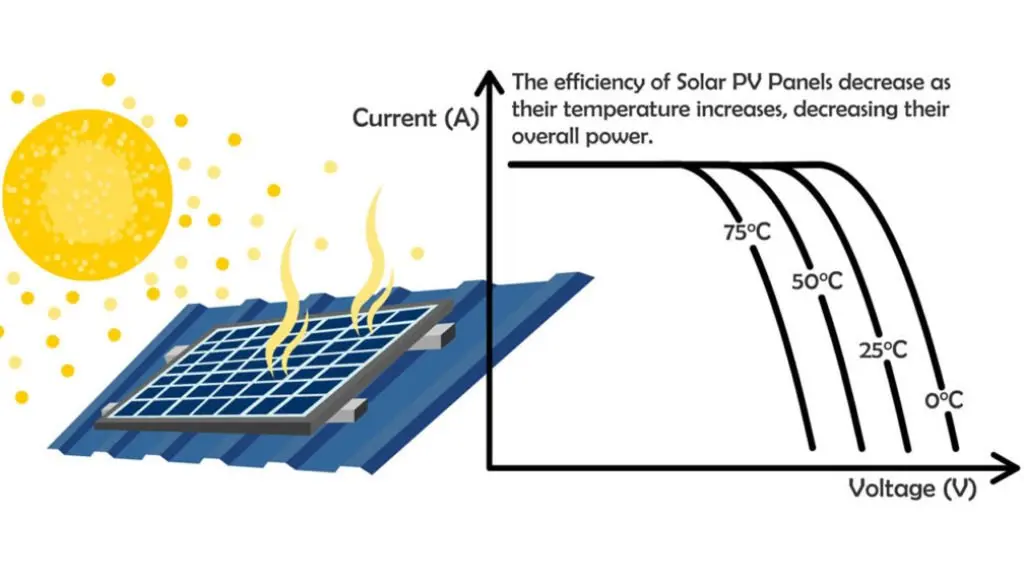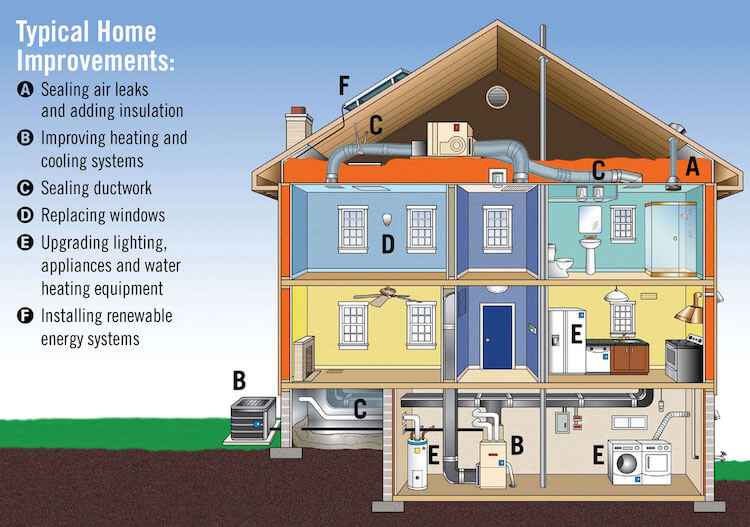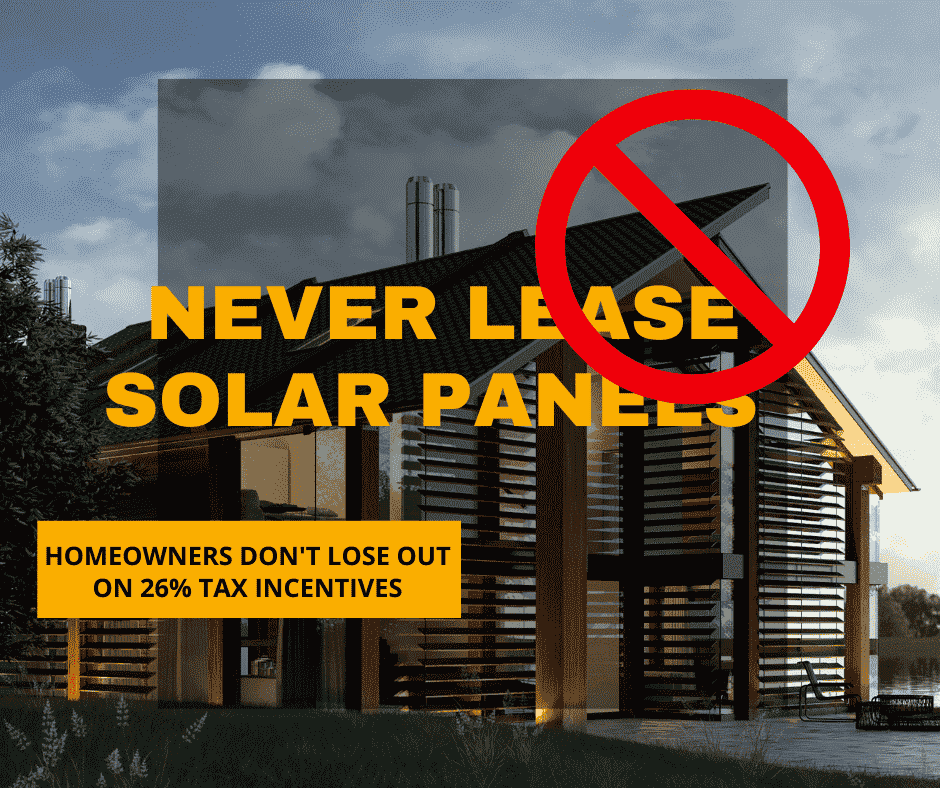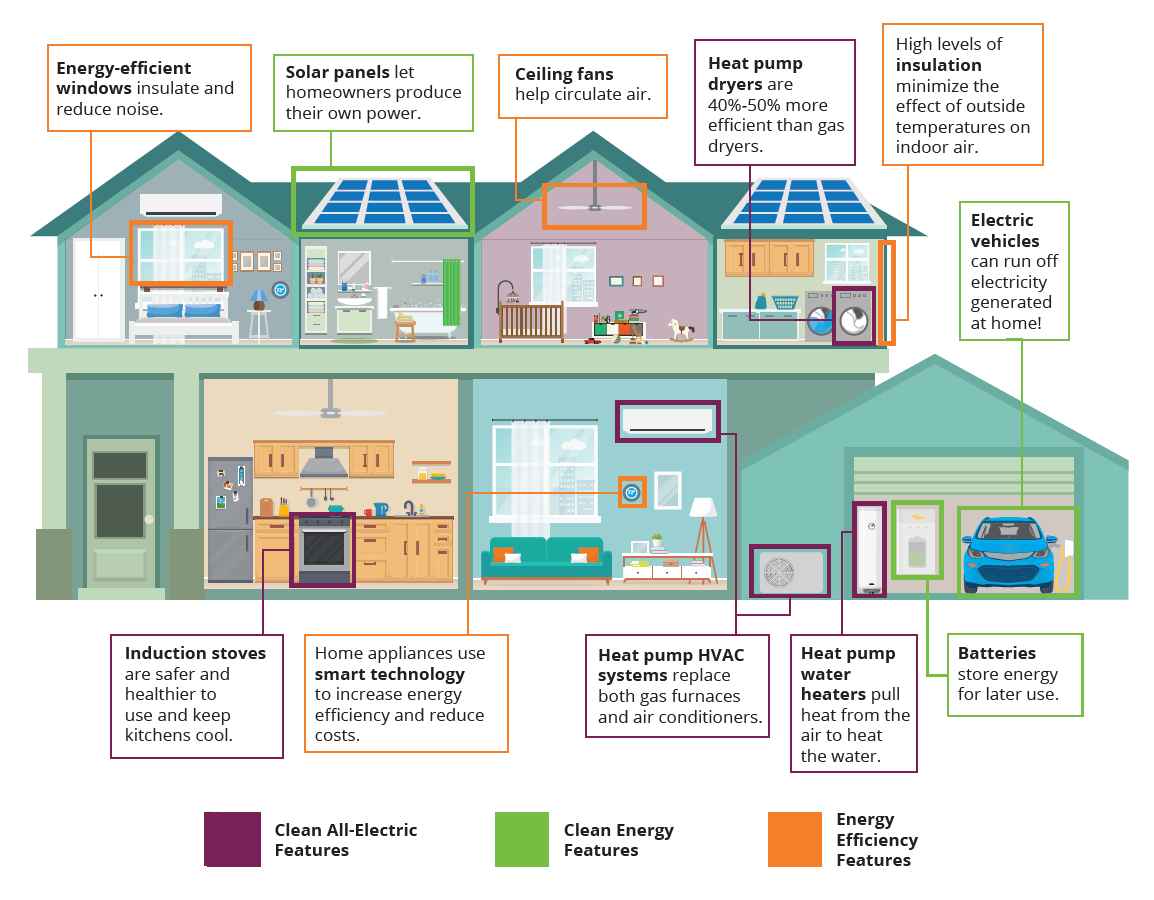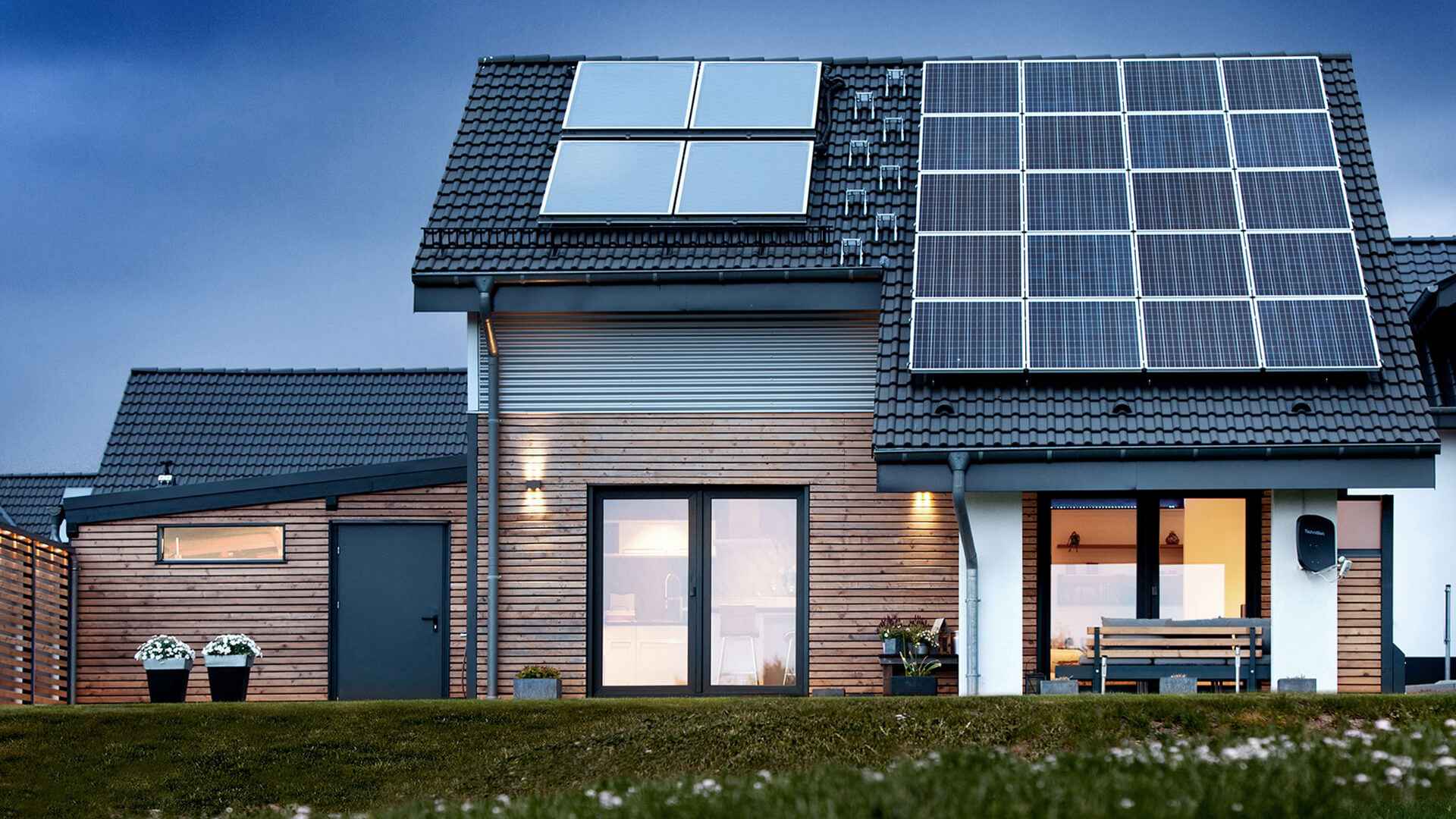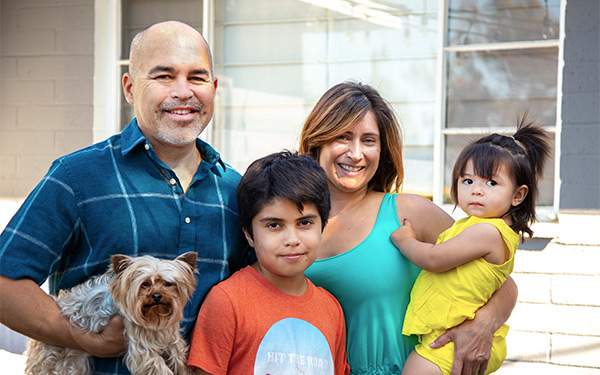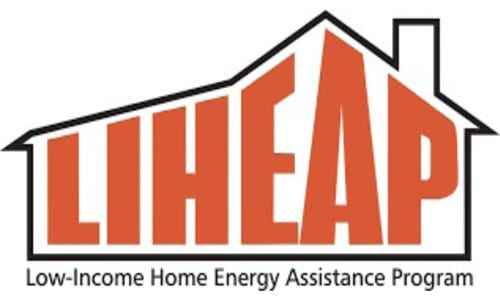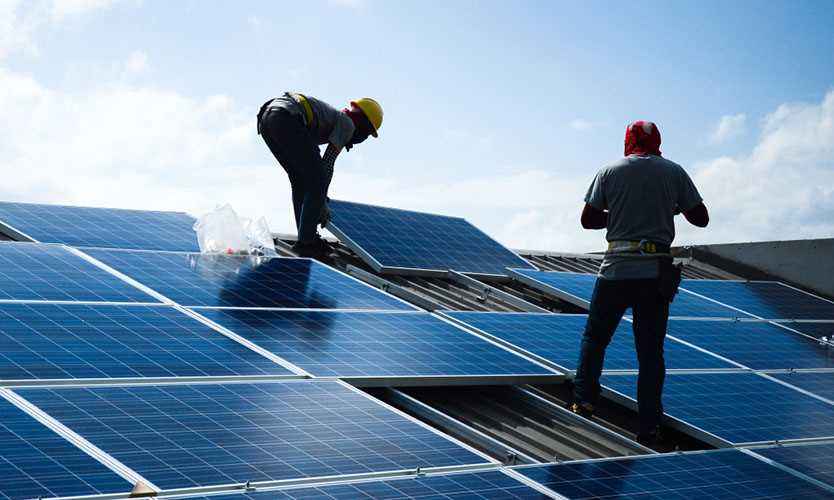
Introducing the Finance Hotsheet Calculator – a revolutionary tool designed for homeowners seeking optimal loan options. Say goodbye to endless searches among countless loan possibilities – we’ve done the heavy lifting for you. Gain instant access to the finest loan selections in real-time.
Utilizing the Finance Hotsheet Calculator is effortless. Just input your cash amount, click calculate, and observe as the top loan products emerge on the hot sheet. We’ll recommend the top three choices, showcasing them based on the lowest monthly payments and smallest loan amounts.
Access the Finance Hotsheet Calculator via the Proposals tab in your back office. Click “Proposals,” then select “View Today’s Hotsheet” to open the calculator. Simplify your loan decision-making process with the Finance Hotsheet Calculator.
As we engage in discussions about your options, utilizing the Finance Products Hotsheet tool is straightforward. Enter the project’s cash price and hit Calculate. This will unveil an array of premium loan options for you, encompassing preferred loans, low monthly payment choices, and the least total financed amount.
Cash
When referring to “Cash,” it signifies the complete payment of the debt through cash, money order, certified check, or a cashier’s or similar bank officer’s check. It does not necessarily imply a literal briefcase full of $100 bills.
Benefits
Opting for a cash purchase is often the most cost-effective way to transition to solar energy. With an upfront payment, homeowners typically save more money considering interest payments and potential loan fees. There are no monthly payments or interest charges involved.
No costs or financing fees are incurred, and homeowners can bypass concerns about credit checks.
The system becomes their outright property.
On average, solar installation under a cash system costs around 6 to 8 cents per kWh.
While timeframes vary depending on the home and market, homeowners usually experience a return on investment for a cash purchase within 5-7 years.
A mere $2,000 down payment is required upon contract signing (or $1,000 for projects in CA and NV).
Additional Considerations
Many individuals may not afford a complete cash payment. In many cases, the loan option might be as cost-effective or even more so than their current monthly utility bills.
However, one drawback is that cash becomes tied up in an asset, limiting investment opportunities in other markets.
Hybrid Project: Financed Deal with Cash Down Payment
For financed deals involving a cash down payment, the down payment is due PRIOR to scheduling installation. In CALIFORNIA, we can only collect $2,000 upfront; the remainder of the down payment will be invoiced after Installation Complete.
Cash Deal Payment Structure
- Payment 1: $2,000 Down Payment upon contract execution. Invoiced upon receipt of the signed contract.
- Payment 2: 30% of contract balance due upon permit approval.
- Payment 3: Remaining contract balance due after project installation is complete.
Solar Partner will invoice upon contract signing notification, submitted via our internal system (OS).
Payment Methods
When invoiced, customers have four payment options:
- Credit Card via payment link on the invoice (3% processing fee).
- Debit Card via payment link on the invoice (no fee).
- ACH via payment link on the invoice (no fee).
- Check mailed to SOLAR PARTNER PBC.
Loan
A loan involves borrowing from a financial institution to manage solar system payment. The homeowner owns the asset but must repay the financial institution with interest (often less than monthly utility bills). Our interest rates range from 0.00% to 7.99%.
Benefits
Homeowners retain ownership of their solar system and generate their energy.
Loan options often lead to monthly energy cost savings.
Considerations
Applying for a loan may entail a hard credit check, which can be challenging after recent significant purchases or if planning another large purchase soon.
Lease
Leasing allows homeowners to rent solar panels, making solar energy accessible without an upfront investment. However, the equipment is owned and controlled by a third party.
Benefits
Leasing eases the transition to solar for those without upfront funds.
Leasing may be suitable when tax incentives aren’t advantageous.
Considerations
Leasing means not owning solar panels; a third party owns and controls them.
Solar Power Purchase Agreement (PPA)
A PPA involves paying a developer for produced solar energy at a rate below utility costs. Homeowners don’t cover upfront solar costs; a third party handles design, installation, and ownership.
Benefits
PPAs lock in fixed electricity rates for predictable short- and long-term energy expenses.
Considerations
PPA users don’t qualify for tax credits; savings may be lower than outright system purchase.
Cancellation Costs
Cancellation fees for Sellers on a project:
- $50 after site survey completion.
- $250 after permit approval.
- $500 after equipment delivery.
Fees are split among project users (e.g., $25 to Seller, $25 to mentor) if applicable.
Product Partners
At Solar Partner, we offer exceptional financing partners. Each partner has specific Knowledge Base articles about their products.
